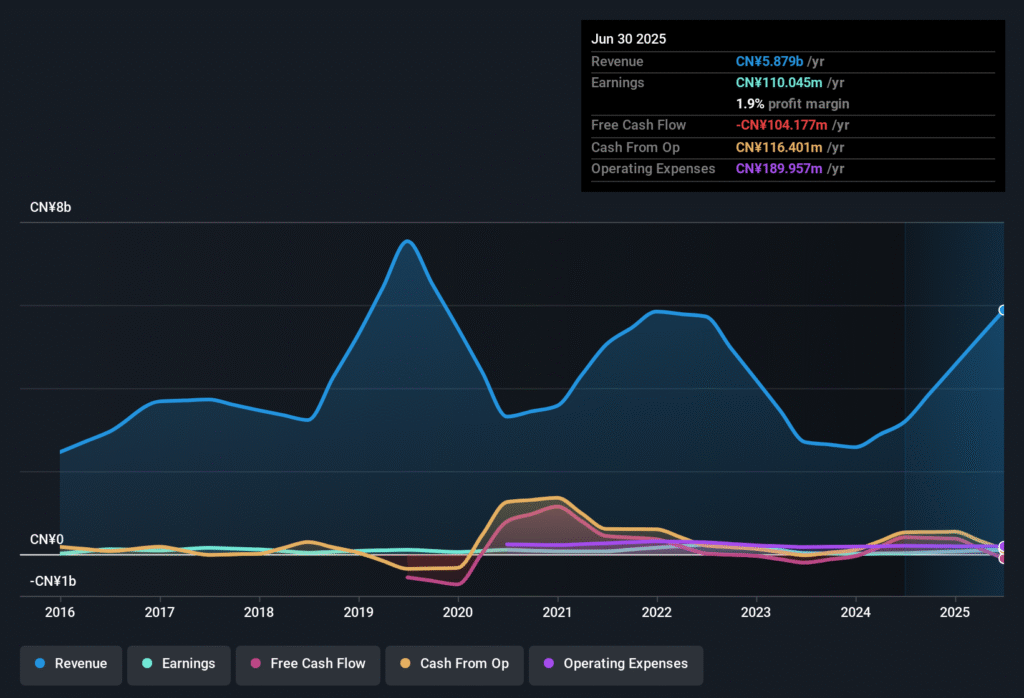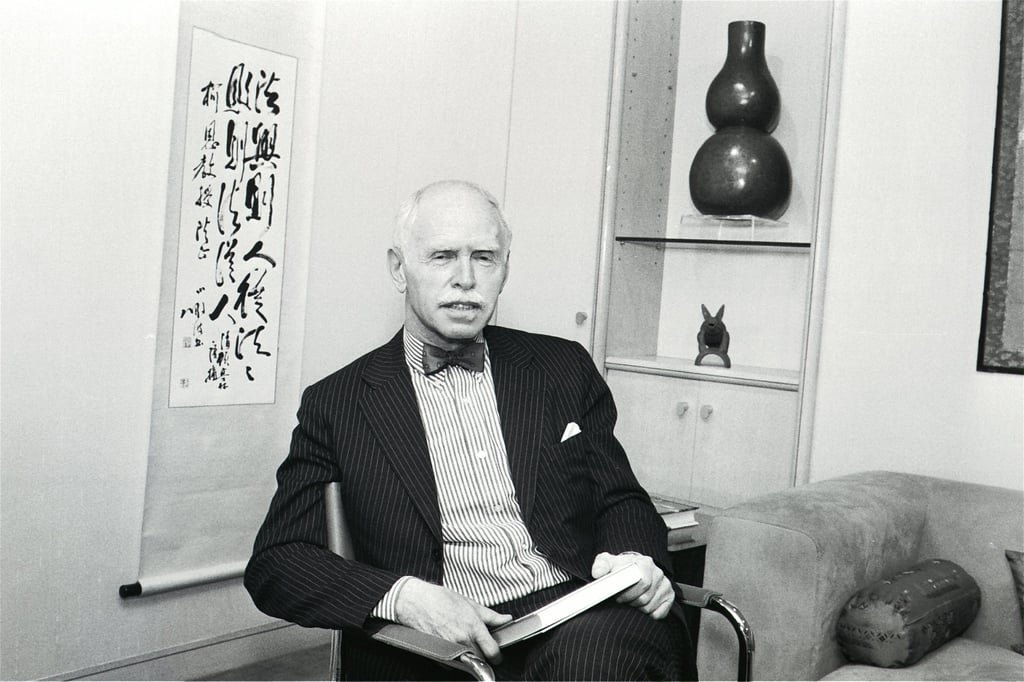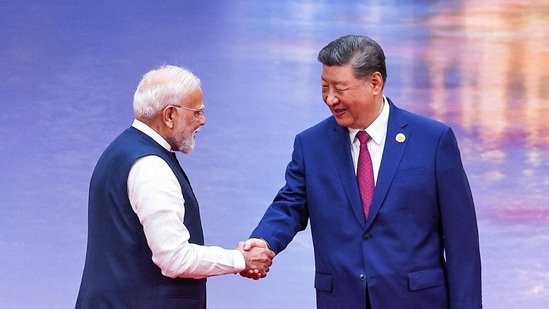Switzerland is offering to buy more American weapons and energy products and make more investments in the US, in a fresh push to persuade the Trump administration to lower its tariffs on Swiss imports.
“We have had some good progress lately. Negotiations are still ongoing, but I would not be hopeful for an imminent deal,” said Rahul Sahgal, chief executive of the Swiss-American Chamber of Commerce.
Meanwhile, South Korea’s economy could fall into crisis rivaling its 1997 financial meltdown if the government accepts US demands, President Lee Jae Myung told Reuters.
Washington agreed to lower South Korean tariffs in exchange for a $350 billion investment from Seoul.
“Without a currency swap, if we were to withdraw $350 billion in the manner that the US is demanding and to invest this all in cash in the US, South Korea would face a situation as it had in the 1997 financial crisis,” Myung said.
In other developments, following a Friday call between Trump and China’s President Xi Jinping, Trump said that an agreement to spin off the TikTok app in the US had been reached. Trump said the two leaders plan to conduct a series of meetings in the coming months, Yahoo Finance’s Ben Werschkul reported, with the first meeting at the Asia-Pacific Economic Cooperation (APEC) summit in South Korea, scheduled for Oct. 30-Nov. 1.
Trump said that Xi would reciprocate with a US visit “at an appropriate time.”
Amid complex trade talks with the US, China dropped a months-long antitrust probe into Google (GOOG) amid discussions of a TikTok deal — while also increasing pressure on domestic purchases of Nvidia (NVDA) chips.
In the background, the Supreme Court is reviewing a high-stakes legal challenge to President Trump’s tariffs, setting up a resolution as early as this fall.
The tariffs at stake are the sweeping “reciprocal,” country-specific duties Trump has outlined in various steps this year (which you can see in the graphic below). Those duties range from 10% to 50%. Trump has used a 1977 law known as “IEEPA” — the International Emergency Economic Powers Act — to justify imposing the tariffs.
The appeals court allowed the tariffs to stay in place while the case moves through the legal process.
Read more: What Trump’s tariffs mean for the economy and your wallet
Here are the latest updates as the policy reverberates around the world.
LIVE 1886 updates
-
Trump’s visa shock strains India-US ties, clouds trade talks
President Trump’s mission to curb visa’s for foreigners has added fresh pressure to the US-India ties which only appeared to be on the mend last week.
Bloomberg News reports:
-
Switzerland in fresh push to woo Donald Trump on tariffs
Switzerland is offering to “Buy America” in a push to persuade President Trump to lower its tariffs on Swiss imports.
The FT reports:
-
South Korea’s President Lee says US investment demands would spark financial crisis
South Korea’s President Lee Jae Myung told Reuters that if Seoul cave into US demands around tariffs and its $350 billion investment it could fall into financial crisis rivalling its 1997 meltdown.
Reuters reports:
-
US House China panel urges probe of Anker over tariffs
-
Euro zone consumers cut spending on tariff fears, shun US goods: ECB
-
Porsche shares plunge after delayed EV launch hits guidance
-
Novartis CEO says the company’s stockpiles will allow it to withstand possible Trump tariffs
Reuters reports:
-
Stocks are outrunning tariff risks as earnings expectations rise
-
Automakers have resisted raising car prices because of tariffs. That might not last.
-
Coffee slides on report US lawmakers to seek tariff exemption
-
BOJ Governor Ueda: Rate hikes will depend on tariffs
The Bank of Japan kept interest rates steady on Friday but decided to start selling its holdings of risky assets. BOJ governor Kazuo Ueda said rate hikes will depend on the impact of tariffs.
Reuters reports:
-
China seeks trade edge, shunning US soy in first since 1990s
For the first time since the 1990s, China hasn’t purchased any US soybeans at the start of the export season. Some say this is a sign that Beijing is using agriculture as leverage in its trade fight with Washington.
Bloomberg News:
-
Trump sets the stage for his highly anticipated Friday call with Xi Jinping
There are high expectations today for President Trump’s call with China’s President Xi Jinping. Yahoo Finance’s Washington Correspondent, Ben Werschkul, delves into what appears to be the most anticipated call of the year.
-
Global economy takes Trump shocks in stride, for now: Analysis
Threats to the global economic order have come quick and fast since President Trump took office back in January, however, the reaction from world equity and bond markets has been a “somewhat remarkable shrug.“
Reuters reports:
-
Trump and Xi seek TikTok win to break US-China gridlock
TikTok is expected to be top of the agenda list for Friday morning’s call between President Trump and China’s President Jinping, as both sides seek to help keep the video app stay online in the US and ease tensions between the two sides that are currently locked in a trade standoff.
Reuters reports:
-
Agriculture secretary: Tariffs could fund bailout for US farmers
The Trump administration is drawing up plans to use tariff revenue to fund a program to support US farmers, Agriculture Secretary Brooke Rollins told the Financial Times.
The plans come as farmers head into harvest time grappling with a drop in export sales and a rise in input costs.
The FT reports:
-
China drops Google antitrust probe during US trade talks
China is dropping an antitrust probe into Google (GOOG), as Beijing and Washington step up negotiations over TikTok, Nvidia (NVDA), and trade, per the Financial Times.
The move comes as tensions run high between the US and China, which held three days of talks in Madrid this week.
A Chinese antitrust investigation into Nvidia is moving ahead after authorities said this week that a preliminary probe found it had violated anti-monopoly law. Meanwhile, Beijing has effectively banned China’s big tech companies from ordering Nvidia’s AI chips.
The Financial Times reports:
-
Swiss watch exports plunge as US tariffs add to China demand woes
Bloomberg reports:
-
Bristol Myers to sell 60% stake in China joint venture
US drugmaker Bristol Myers Squibb (BMY) announced on Tuesday that it has signed an agreement to sell 60% ownership in a pharmaceutical joint venture in China.
As tariffs take hold and President Trump seeks more investment from companies into the US, many firms are exiting foreign investments in a bid to lower the impact higher levies may have.
Reuters reports:
-
FedEx profit to be dragged down by US tariffs on previously exempt parcels
FedEx (FDX) will report a quarterly profit hit from President Trump‘s decision to end tariff-exempt treatment for popular direct-to-consumer shipments, such as small parcels under $800.
Reuters reports:







